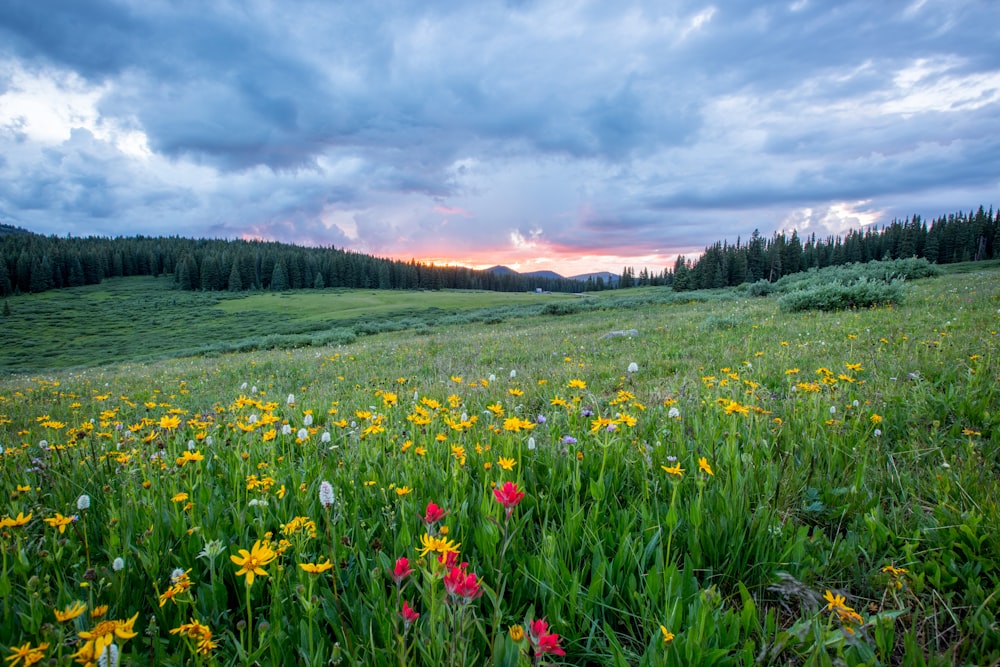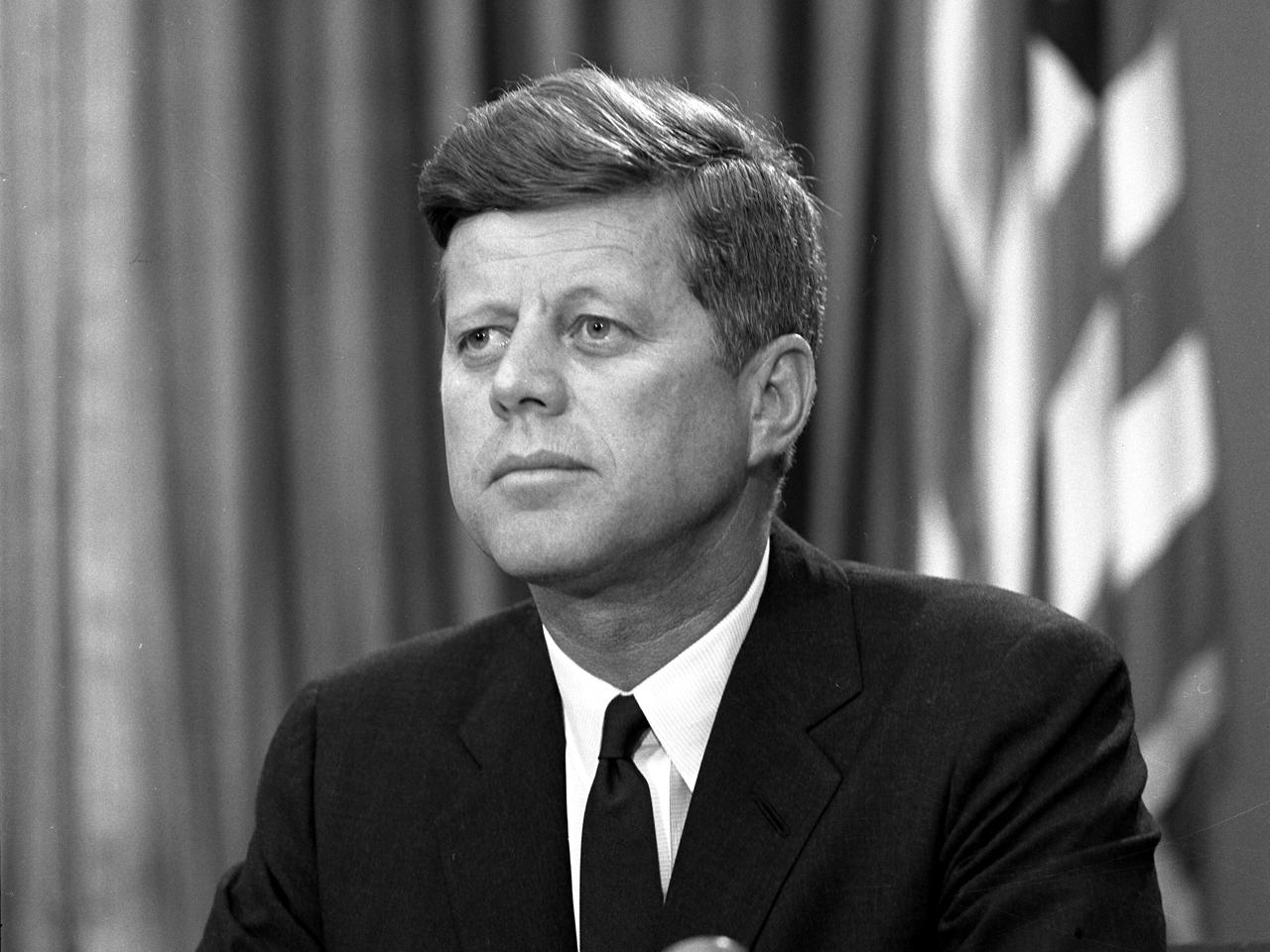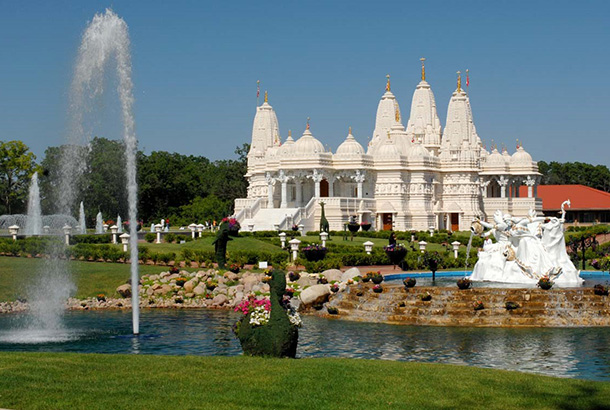
Thursday, December 31, 2020

Wednesday, December 30, 2020
Tuesday, December 29, 2020
Christmas has come, and now it is gone. People are taking their ornaments down, stores are offering their after Christmas sales, travelers are going home. It's over for another year.
Or is it? If Christmas means anything, anything at all, it cannot possibly be contained in one day. If, as the Yukon singer about whom I wrote yesterday says, "the Creator is here," how can anything--and any of us--ever be the same? History, and everything in it, including you and me, has irrecoverably changed.
Christmas reminds us that we live in a universe of meaning. We could not live otherwise. Christmas tells us that this meaning's fullness can only be real if it appeals to the fact of a creator, a visible word of the ages, the spoken beginning of space and time. It is only then that it can be.
The creator has come.
Monday, December 28, 2020
Thursday, December 24, 2020
Most of us have heard the "Christmas story" countless times. Across the world for thousands of years, people have read and pondered, over and over, Luke's account of Jesus' birth. One might almost think that there is nothing new to find in it.
Yet shepherds were despised, viewed as the lowest of the low, the modern day equivalent of the Roma of Europe. Few wished to associate with them. They spent their days--and nights--largely apart from the rest of the people, living lonely lives in the fields and hillsides of the nations.

But the shepherds were the first to know. They were the first to be told. Before anyone else knew, the shepherds knew about the birth of Messiah.
Tuesday, December 22, 2020
Last week marked the end of Hanukkah. Although it is a minor holiday on the Jewish liturgical calendar, because Hanukkah usually occurs around Christmas, it has tended to generate a significant amount of attention in the Western world. For some, it is considered the Jewish "equivalent" of Christmas.
 While this conclusion is far from the historical and theological truth, it does communicate an important point. Although Hanukkah commemorates the rededication of the Temple after it had been profaned by the Seleucid emperor Antiochus Epiphanes (he sacrificed a pig on the inner altar) in the second century B.C.E. and not the birth of Jesus, it is nonetheless a time to rejoice, to rejoice in the fact of light. To rejoice in the light and faithfulness of God, to delight in God's continuing bestowal of life and illumination to human beings. In this, Hanukkah, like Hinduism's Diwali and Christianity's Incarnation, speaks to all of us, all of us who, whether we know it or not, each day walk in the grace of an infinitely remarkable light, a light without which we would not be.
While this conclusion is far from the historical and theological truth, it does communicate an important point. Although Hanukkah commemorates the rededication of the Temple after it had been profaned by the Seleucid emperor Antiochus Epiphanes (he sacrificed a pig on the inner altar) in the second century B.C.E. and not the birth of Jesus, it is nonetheless a time to rejoice, to rejoice in the fact of light. To rejoice in the light and faithfulness of God, to delight in God's continuing bestowal of life and illumination to human beings. In this, Hanukkah, like Hinduism's Diwali and Christianity's Incarnation, speaks to all of us, all of us who, whether we know it or not, each day walk in the grace of an infinitely remarkable light, a light without which we would not be.Enjoy the light of God.
Monday, December 21, 2020
I love the winter. I love how it masks and shrouds, I love how it engages reflection, I love how it sends us into places we would not otherwise go. And I love how winter helps us "see" what sight can be. As we trek through the darker days and hours, we come to understand that light is not what we think it is, illumination and no more. Light is rather the underlying rhythm of all creation, a continuity of divine favor, a favor that speaks in gloom as well as joy, a favor that underscores the fact of a purposeful planet: the light of the world."

Step into the darkness, treasure the light. Enjoy the marvel of a remarkably consistent personal creation.
Friday, December 18, 2020
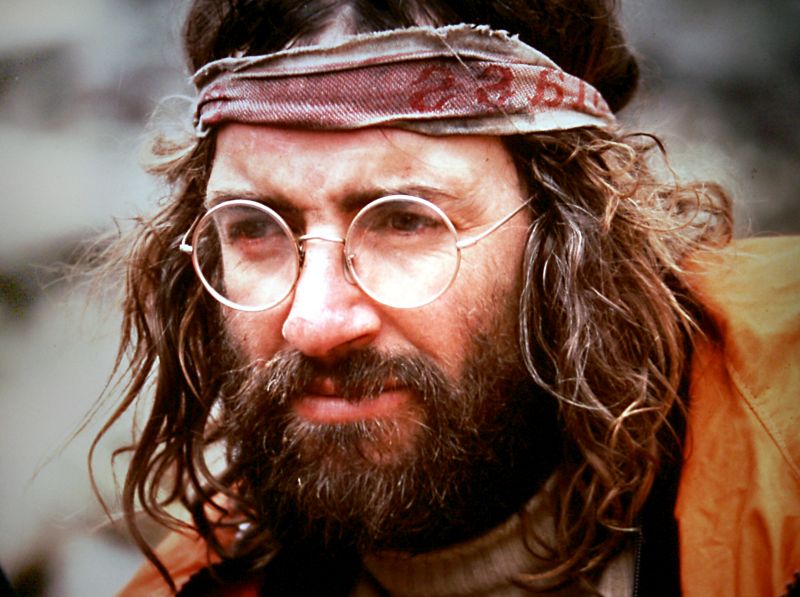
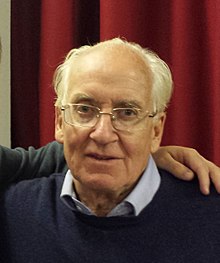
Thursday, December 17, 2020
Defining spirituality is difficult. If we attribute it to a god, we miss that many unbelievers attest to having spiritual experiences. If we assign it to a nebulous immaterial presence, we encounter the problem of making something amorphous into something that is physically real. And if we say that spirituality is thoroughly human, we run into the perennial dilemma of understanding how consciousness can emerge from inert matter.
Wassily Kandinsky, a Russian surrealist painter and whose birthday we remember today, thought much about spirituality, spirituality in regard to art. He did so as a way of explaining how art overwhelmed what he considered to be the spiritual darkness of Marxism. Whether or not one believes in God, Kandinsky observed, we all benefit from the spiritual benefits of art. In art, he said, we feel hints of transcendence, intimations of things we cannot easily fathom, emotional insights that we do not experience otherwise. We look into another world, a world of purer light, real or imagined, a world that eclipses the rigid (and, to him, meaningless) materialism of the Marxist worldview.
Kandinsky's art reflects his words aptly. It is highly abstract and difficult to grasp easily, but that's the point: spirituality isn't supposed to be simple. If it were, it would be no more than another product of our material human whims.
Wednesday, December 16, 2020
Today is Beethoven's birthday: his 250th. What can we say about Ludwig von Beethoven? This famous portrait of him captures how many of us see him: a brooding, brilliant composer. When we think about Amadeus Wolfgang Mozart, we think of the Enlightenment and how it liberated the human mind and imagination from the constraints of a Church struggling with its response to impending modernity. We see Mozart's music as poetry, lilting and dancing its way across our lives.
Not so with Beethoven. His music overwhelms us with its passion. It comes to us as a force of nature, barreling and twisting its way into our hearts, breaking our souls apart, forcing us to grapple with and contemplate the deeper forces that drive human existence. We swoon over the viscerality of Beethoven's melodies, we wonder about the power of the universe which his songs describe. A Romantic in the purest sense, Beethoven reminds us of other worlds and things, of the presence and possibilities of transcendence.Tuesday, December 15, 2020
Then it came. Exploding atop the ridge, the sun burst, popping with rays of brilliance and wonder, its multiple filaments of splendor spreading over and across the waiting land. I rejoiced: the light had come.
"For the people who walk in darkness," wrote the prophet Isaiah, "will see a great light (Isaiah 9:1)." Isaiah speaks of Messiah, the one who would come to illuminate an Israel darkened by disappointment, abandonment, and sin. He speaks of the Messiah (the Christ) who would enlighten and save all those who longed for him. He speaks of the light that would come.
As we journey ever deeper into this season, we remember this fact of light, how, like the sun exploding over a frigid mountain ridge, Messiah--Jesus--has brought us light, the light of enlightenment, the light of hope and meaning that shines through the cold of a terminal existence. It is the light of purpose, the light of meaning, the light that, if we embrace it, embrace it as fervently as we do the warmth of the sunrise, mountain or not, of our lives, will change our lives forever.
Once we touch this light, we'll never be the same.
Monday, December 14, 2020
Yesterday marked the birthday of the Italian artist Donatello. Working in an entirely different milieu than Edvard Munch, whose birthday we remembered last week, Donatello was a person of the Renaissance, an integral part of one of the most glorious period of human achievement. The Renaissance was a time, a very brief time, when, amazingly enough, spiritual fealty and artistic inspiration fused, fused in a way that produced some of the most magnificent works of art in history.
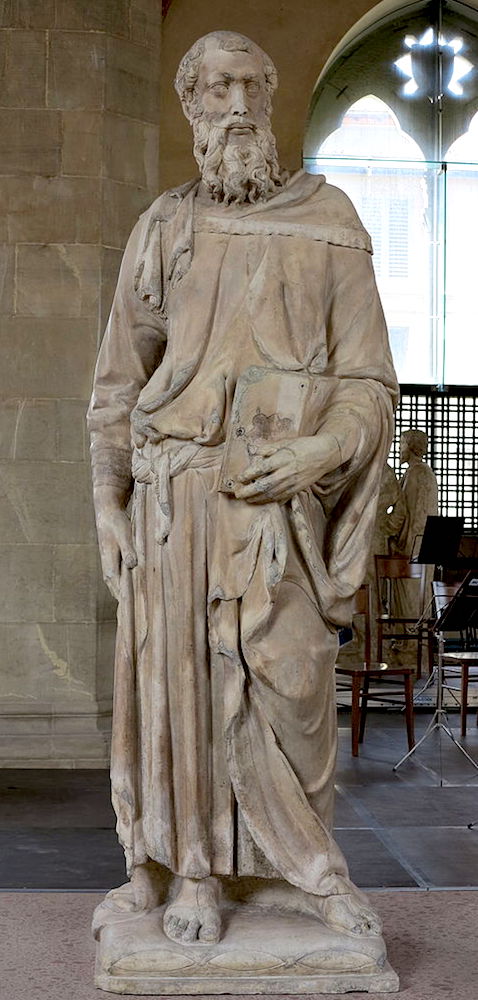
A sculptor, Donatello was known for his highly realistic depictions of the human being, for extraordinary sculptural detail: his works are remarkable studies in the immensely complex nature, external and internal, of the human being. Like most of his contemporaries, Donatello grasped that humanity is more than material and yet more than spiritual, too: it's both. He understood that a person cannot be material without being spiritual, and spiritual without being material: the two are inseparable.
Although as Western Europe moved beyond the Renaissance, the influence of this perspective diminished, and many people concluded that, in truth, they are products of materiality alone, Donatello's work reminds us of who we really are. We are indeed immensely amazing in our material abilities, yet we shortchange ourselves if we insist that we should not be in turn equally amazed that we are creatures of spirit, a spirit without which we could not be meaningful material beings in a material world.
Friday, December 11, 2020
 Affluence reigns, yes, but without any foundation other than the assumption that life is worth it, and this only because those who decide this have nowhere else to go. If the world is a closed system and we are therefore born only to die, then life, however wonderful it may be, ends before it begins. So we scream: why must this be?
Affluence reigns, yes, but without any foundation other than the assumption that life is worth it, and this only because those who decide this have nowhere else to go. If the world is a closed system and we are therefore born only to die, then life, however wonderful it may be, ends before it begins. So we scream: why must this be?Thursday, December 10, 2020
In this second week of Advent, we remember this fact of Messiah's light. We remember how, like the sun exploding over a frigid mountain ridge, Messiah--Jesus--the Word become flesh--has brought us light, the light of enlightenment, the light of hope and meaning that shines through the cold of an often Munchian existence. It is a light that, if we embrace its rising, embrace it as fervently and without reservation, will change our lives forever.
Though we may struggle with the idea of eternality, though we may question the presence of God, we all long for light. We all long for hope and meaning. We all long for a window into a richer existence.
In an accidental universe, however, richness is impossible, for value and morality cannot be. Only in the light of transcendence, a transcendence wrought in personal presence, can meaning be.
The light of the world.
Wednesday, December 9, 2020
Yesterday, many across the planet remembered the fortieth anniversary of the death of John lennon. In one of Lennon's most famous songs, "God," he says, "I just believe in me; Yoko and me. That’s reality.”
Monday, December 7, 2020
"It is a day that will live in infamy," said Franklin Roosevelt after the attack on Pearl Harbor. For those who were alive when it happened, the attack on the naval base at Pearl Harbor, whose 79th anniversary is today, changed their world forever. Never before had America been attacked, never before had such devastation been visited upon its shores. Life was turned upside down.
Yet we go on. We grieve for those who lost their lives in this attack. And we grieve for the thousand and thousands of additional lives that were lost redressing what happened. The pain and carnage defy all form and sensibility.
And we continue to believe in meaning. As we should. No one should die unremembered, no one should die alone. No one should leave this life lost and abandoned, a forgotten and abandoned image of God, an entity without a point.
Advent is upon us, reminding us that the horrors of existence are never the end.
Friday, December 4, 2020

Thursday, December 3, 2020
 Attar and Jesus' disciples were being called to pursue interior greatness. Although we can disagree about whether pursuing interior greatness or exterior achievement is the better choice, it seems that the latter will not be whole without the former. Until Attar left what he had materially, he did not discover who he was spiritually.
Attar and Jesus' disciples were being called to pursue interior greatness. Although we can disagree about whether pursuing interior greatness or exterior achievement is the better choice, it seems that the latter will not be whole without the former. Until Attar left what he had materially, he did not discover who he was spiritually.Wednesday, December 2, 2020
Well, it seems that the Christmas season is upon us. Given the pandemic, it promises to be very different.
I'm happy for the season. I'm happy for what it commemorates, for what it remembers. I'm thankful for the opportunity to think afresh about things beyond us.If God is there--and he is--we can never give enough.
Let the retailers worry about what we should get. Let us rather concern ourselves with what we can give. As you go forth into the season, realize that it's no challenge to "get." We can always do that. The far greater challenge is to give.
Life is a gift; give of it freely.
Monday, November 30, 2020
"The greatest poverty," wrote poet Wallace Stevens, "is not to live in a physical world." Absolutely. Even if there is an afterlife, how much we would still wish to live out this material life we've been given. It is indeed amazing. Given this, however we think--or not think--about God, it seems that unless God is capable of making himself known in our physicality, he would not be worth much to us. Even my most die hard atheist friends acknowledge that if they could have concrete present and physical evidence about the metaphysical, they might well be inclined to believe.
 As spiritual beings, we humans tread a tenuous path. We love our physicality and the fruits of living in a physical world, and we should. Yet we are also acutely aware that we are more than our physicality. We all experience feelings of transcendence, whether we believe them to originate in immanency or something beyond it. We daily encounter the limits of physical category.
As spiritual beings, we humans tread a tenuous path. We love our physicality and the fruits of living in a physical world, and we should. Yet we are also acutely aware that we are more than our physicality. We all experience feelings of transcendence, whether we believe them to originate in immanency or something beyond it. We daily encounter the limits of physical category.Only in the fusion of immanent and transcendent, only in Advent's coalescing of time and eternity can we see what life can ultimately be.
Wednesday, November 25, 2020
God opens his hands," writes the psalmist, "and satisfies the desire of every living thing" (Psalm 104). Although we all have much for which to give thanks, perhaps the most important thing for which we can be thankful is that we can give thanks. We can rejoice that we can be aware of who we are, that we can experience the gracious bounty of the universe, that we can know, really know, that we are beings who can create life, culture, and moral sensibility. We can be grateful that we are here.
Many a theologian has observed that all truth is God's truth. If so, we can also give thanks for that which enables us to know everything else: living and personal truth. Absent this truth, nothing has point. Give thanks therefore that despite the fractured state of modern spirituality and the numerous political issues that attend this end of November celebration, truth remains. And that truth is knowable.
Happy Thanksgiving!
Monday, November 23, 2020
If you're a Baby Boomer, you remember. Fifty-seven years ago yesterday, John Fitzgerald Kennedy, the 35th president of the United States, was killed, gunned down by an assassin in Dallas, Texas. For those of us who lived through this day, we will never forget it. Although a number of presidents had been assassinated previously, JFK's occurred in our lifetime, in our time, in our day. We didn't read about it in history books; we experienced it, experienced it directly and personally, in a profoundly visceral way. Our world would never be the same.
Friday, November 20, 2020
Thursday, November 19, 2020
Wednesday, November 18, 2020
Do you like haystacks? I say this somewhat tongue in cheek to make a larger point: a few days ago was the birthday of French painter Claude Monet. One of the most famous of the nineteenth century impressionists who transformed the nature of art, Monet achieved perhaps his greatest fame for his series of haystack paintings. Visit the Art Institute of Chicago and see many of them: Monet had a haystack for every time and season.

And in so doing, we capture the heart of who, and the world, most are. Although we are indeed rational beings, we are also, in our deepest essence, beings of passion, creatures of viscerality and pathos. So do we embrace the world, so do we embrace its hiddenness, the powerfully ordered transcendence that ripples through it.
We thank Monet for this insight, that amidst our dogged attempts to understand life rationally, perhaps we do better to grasp it as it most fully is: the passionate rendering of a profoundly passionate creator.
Monday, November 16, 2020
Two days ago marked the beginning of the festival of Diwali. It is a holiday sacred to over a billion people around the world: a joyous occasion. Diwali is known as the festival of lights, the lights of color, brilliance, enlightenment, and happiness: all that which enters into the mystery and wonder of life and the gods who give it.
It's apt. Unless we celebrate life in the framework of higher purpose, its lights becomes little more than random occasions, capricious occurrences, chance coalescences of dust and plasma, things in which we have found (or according to German philosopher Martin Heidegger, have been "thrown") ourselves, raw and unknown, and told we must live. And as the late evolutionary biologist William Provine acknowledged, if life is random, we are no more than plops, born only to die. There is no meaning. We're here, but why?
Enjoy life, enjoy its lights. Be happy for it. And rejoice in the fact of purpose, the purpose of a creator. Light doesn't shine long in a forgotten universe.
Friday, November 13, 2020
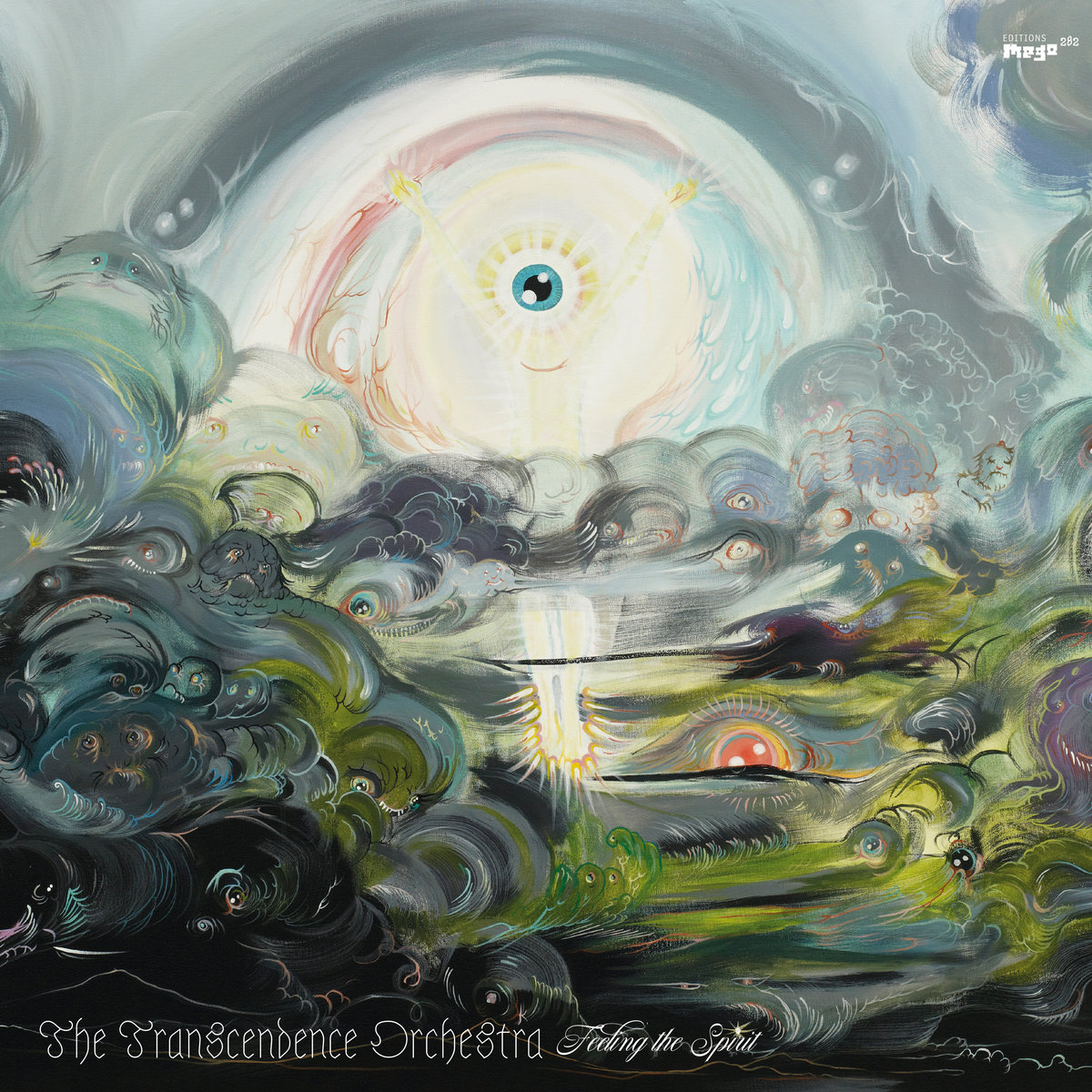 We wander through the world endlessly, daily confronting its prisms of space, time, and causality, constantly wrestling to reconcile the joy of existence with the inevitability of its end. We may wonder about God, we may not. Either way, we face the inexorable fact of our life and being in the face of its mortality. And we all step into our contingencies differently. All of us.
We wander through the world endlessly, daily confronting its prisms of space, time, and causality, constantly wrestling to reconcile the joy of existence with the inevitability of its end. We may wonder about God, we may not. Either way, we face the inexorable fact of our life and being in the face of its mortality. And we all step into our contingencies differently. All of us.


